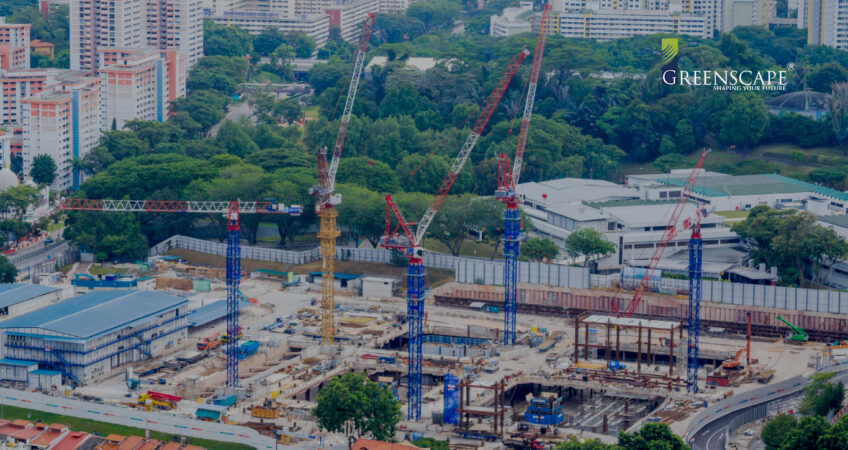The Biggest Challenges Facing Indian Real Estate in 2025

The real estate in India is undergoing a transformative phase in 2025, facing both unprecedented opportunities and significant challenges. While rapid urbanization, government policies, and technological advancements are reshaping the industry, issues such as affordability, regulatory complexities, and economic fluctuations continue to pose hurdles. Investors, developers, and homebuyers alike must navigate these challenges to make informed decisions.
CHALLENGES IN INDIAN REAL ESTATE IN 2025
1. Regulatory Hurdles and Policy Uncertainty
The introduction of the Real Estate (Regulation and Development) Act (RERA) was meant to bring transparency, but compliance challenges persist. In Indian real estate in 2025, delays in approvals, evolving tax structures, and frequent amendments in policies continue to create obstacles for developers and investors.
2. Housing Affordability and Rising Costs
The increasing cost of land, construction materials, and labor has made homeownership more expensive. In real estate in India, developers struggle to balance affordability while maintaining profitability. Middle-income and first-time homebuyers find it difficult to access reasonably priced housing in metro cities.
3. Economic Fluctuations and Market Volatility
With global economic uncertainties, inflation, and fluctuating interest rates, Indian real estate in 2025 faces market volatility. Investor sentiment is highly dependent on economic stability, making long-term planning and investments riskier than before.
4. Infrastructure and Urban Planning Challenges
Poor infrastructure planning leads to congestion, lack of basic amenities, and inefficient urban growth. The expansion of real estate in India requires better road networks, public transport, and sustainable urban development, which remains a major challenge.
5. Digital Transformation and Adoption of Proptech
The integration of technology, such as AI-driven real estate platforms and blockchain for property transactions, is redefining Indian real estate in 2025. However, many developers and traditional players still struggle with adopting digital solutions, leading to inefficiencies in property transactions, documentation, and customer service.
6. Environmental and Sustainability Concerns
As sustainability takes center stage, developers in real estate in India are under pressure to adopt green building practices. The demand for eco-friendly housing is rising, but the high cost of sustainable construction materials and lack of incentives make implementation challenging.
Conclusion
While Indian real estate in 2025 is set to witness remarkable growth, these challenges could hinder its progress if not addressed proactively. Government reforms, technological adoption, and strategic urban planning can help overcome these hurdles. For investors and homebuyers, staying informed about market trends and policy changes is key to making sound real estate decisions.



